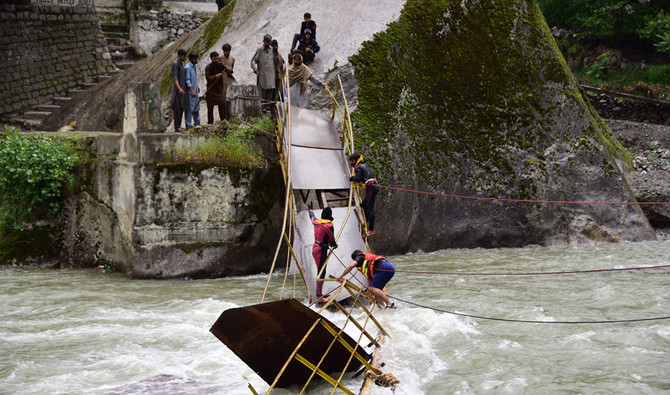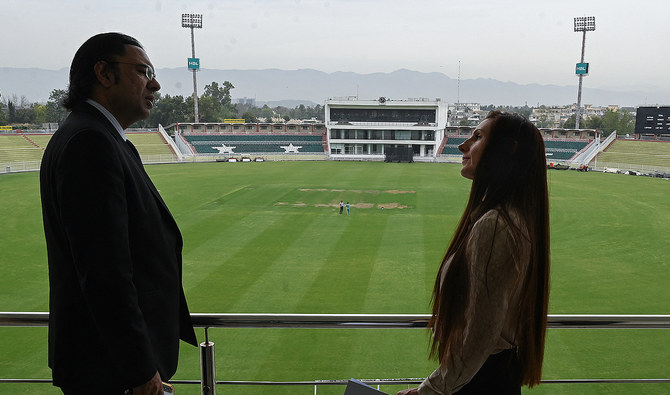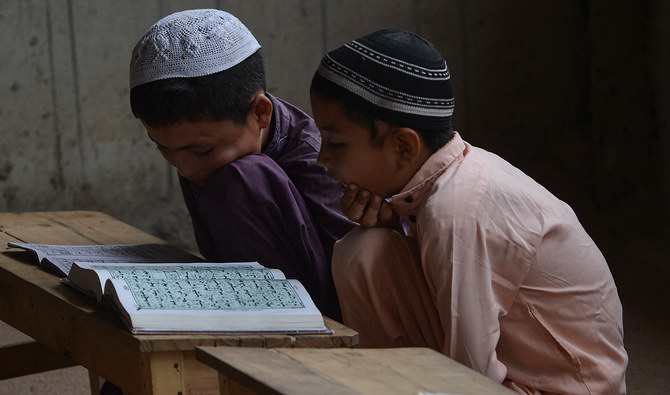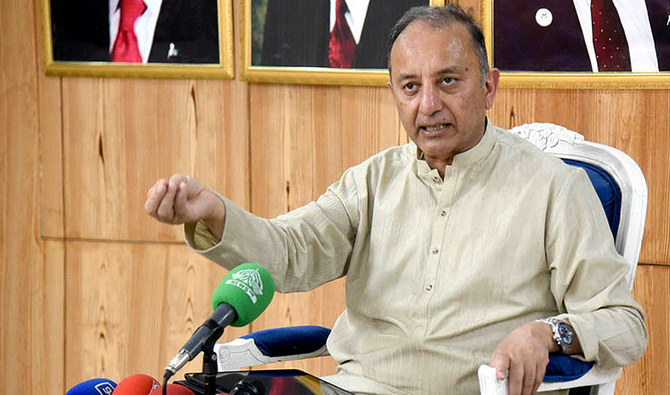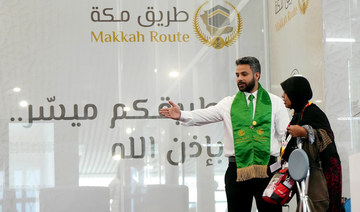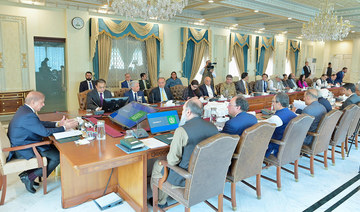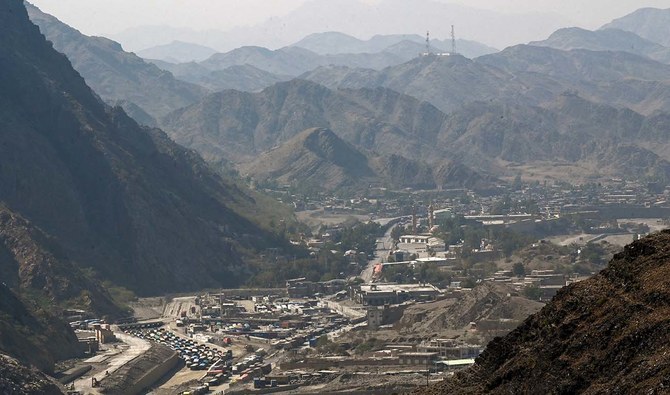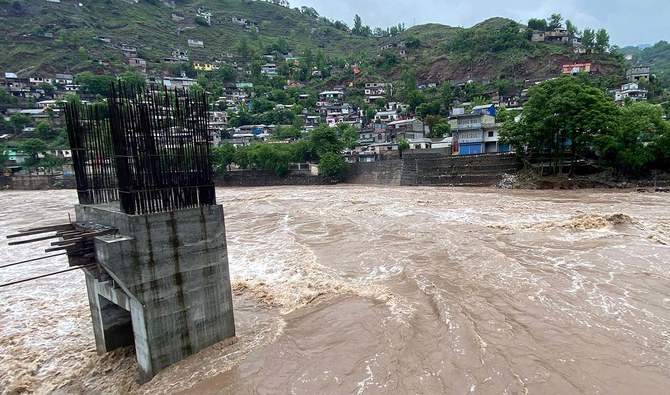When major floods hit Pakistan-controlled Kashmir in 2016, Jawad Hussain, a worker at the local government disaster agency, had to wait hours to receive updates on what kind of help was needed and where.
The delays meant families were left without aid for days, he said, as flooding forced thousands from their homes and left others injured or dead.
But Pakistan - one of the world’s most vulnerable countries to climate change – is now trying to boost its ability to respond to disasters, including in the Kashmir region, which is prone to deadly floods, drought, landslides and earthquakes.
Last August, the government set up emergency response centres across the region, in part to speed the flow of information to the National Disaster Management Authority, a federal body that issues early warnings, organises rescue services, and distributes aid.
There have been no major disasters since the centres were set up, but Hussain is confident they will make a difference.
“We will be able to respond to any disaster in the state more quickly and efficiently,” the 29-year-old said, sitting in the operations room of the State Disaster Management Authority.
The new emergency response centres have their own wireless radio frequencies to more easily receive direct updates on floods, earthquakes and other disasters, he said.
That will "improve the capability to handle disasters more efficiently,” said Abdul Hameed Kiani, deputy commissioner of Jhelum valley district.
MORE DATA, MORE PLANS
Kashmir - like some other areas of the country - is also working on the ground to cut risks from natural disasters.
Last year, the World Bank lent Pakistan $125 million to restore flood protection infrastructure and strengthen government institutions to manage disasters and climate vulnerability across the country.
In Kashmir, the government has now carried out studies to determine the types of disasters each area faces, so that officials can better prepare, said Atiq-ur-Rehman Abbasi, project director of the Disaster and Climate Resilience Improvement Project in Azad Jammu and Kashmir.
“Now we have exact data about each district, what kind of risk there is and how to cope with it,” he told the Thomson Reuters Foundation.
A logistics plan on how to prepare for an emergency and deliver aid during floods, landslides or man-made disasters has been drawn up for every district and state, Abbasi said.
“Making hydro stations secure and stabilising slopes will benefit tens of thousands of people,” he added.
The project, for instance, has assessed the vulnerability of people living by a river in Kotli district, where part of a suburb washed away in 2014 river flooding, Abbasi said.
Sajjad Hashmi, a resident there, said river embankments destroyed in the flood have not yet been replaced.
“The river swept away the settlement on both its banks, so a protection embankment could be helpful. But it has not been assessed yet what kind of protection would be suitable,” said Hashmi, 54.
Raja Mushtaq Khan, a political activist and Kotli resident, said the city has been vulnerable to river flooding for decades, but there had been no concrete protection efforts taken by the government or non-governmental organisations, in part because of a lack of credible data on the threats.
Now, with a study in hand, "work can be outlined to save thousands of residents,” said Khan, 59.
FOREST PROTECTION
Asif Hussain Shah, head of Pakistani Kashmir's planning and development department, said establishing dedicated centres to monitor the impacts of a changing climate and develop ways for the region to adapt is a step in the right direction.
But the real test is whether other departments - such as the forestry department, charged with protecting the region's fast-disappearing trees - will be able to play their part, he said.
Protecting trees both helps limit climate change and can cut the risk of flooding, landslides and other problems as forested land absorbs more water and holds soil in place, he said.
For now, with the risk (of drought and floods) increasing every day ... we have to equip and prepare ourselves,” Shah said.
As weather patterns change, monsoon rains are shifting slowly toward the Neelum Valley, a tourist hotspot, Shah said. That knowledge will now aid preparations to cut risks in the area, he said.
Shafique Abbasi, deputy director of Kashmir's Environmental Protection Agency, said such data is hugely needed in a country that ranks seventh in the list of the 10 most climate change vulnerable countries in the world since 1997, according to the World Climate Risk Index 2018.
“We don’t have data on many things and these studies will pave the ways to adopt measures to mitigate climate change impacts,” Abbasi said.


